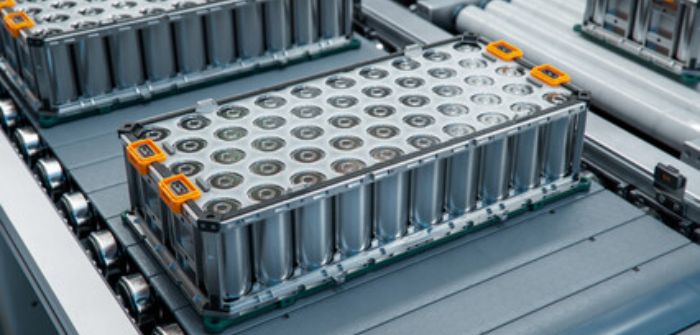Following an extended set of charging profile tests on its silicon dominant extreme fast charging (XFC) battery cells, technology company StoreDot has revealed that the XFC cells showed no additional degradation compared to slow charging cells.
The comprehensive testing programs took place earlier this year with 15 leading global automotive brand manufacturers from Europe, Asia, and the USA, as well as several of StoreDot’s strategic ecosystem partners.
The results of the profile tests show that consecutive extreme fast charging conditions did not degrade StoreDot’s cells, even after 1,000 consecutive XFC cycles – a result that StoreDot credits to its 100in5 technology.
To mimic a real-world use case, XFC was applied from 10% to 80% of the charge in 10 minutes, with the remaining charging cycle from 0-10% and 80-100% performed with slower (1C) charging. In parallel, these silicon battery cells were also tested for full slow charging cycles from 0% to 100% – which also achieved a similar cycle life performance.
Despite each cycle applying XFC for most of the charge (70%), the cells demonstrated no additional degradation – a result that is on a par with cells that were slow charged from 0-100%.
Recently, the company reported strong performance feedback for the evaluation and integration of A-samples testing phase of its XFC EV battery cells.
Dr Doron Myersdorf, CEO of StoreDot, said, “The tests safely delivered the charging speed that consumers demand with the best range, while preserving the longevity of the vehicle’s battery cells – a crucial combination in reducing users’ anxiety for achieving widespread adoption of EVs.
“The significance of testing our silicon-batteries under various use-case conditions demonstrates our battery’s robustness regardless of drivers’ charging habits, recharging frequency or charger power. StoreDot is proud to spearhead battery technology advancements that accelerate mass EV adoption worldwide by giving drivers a seamless and routine worry-free extreme fast charging experience.”


